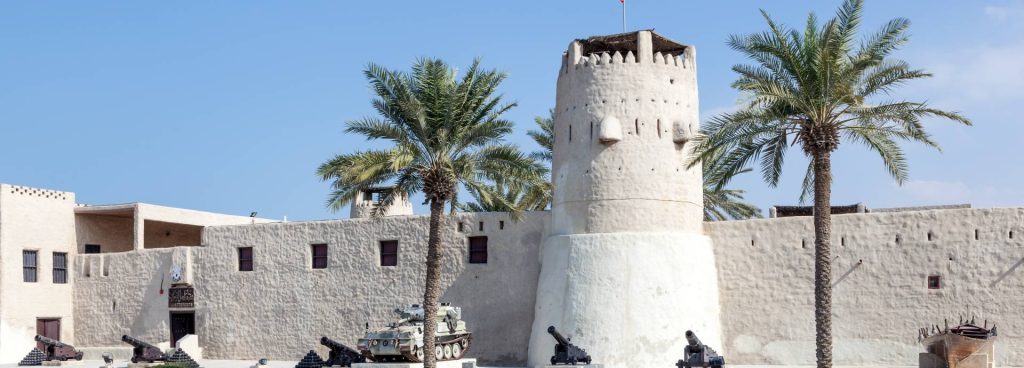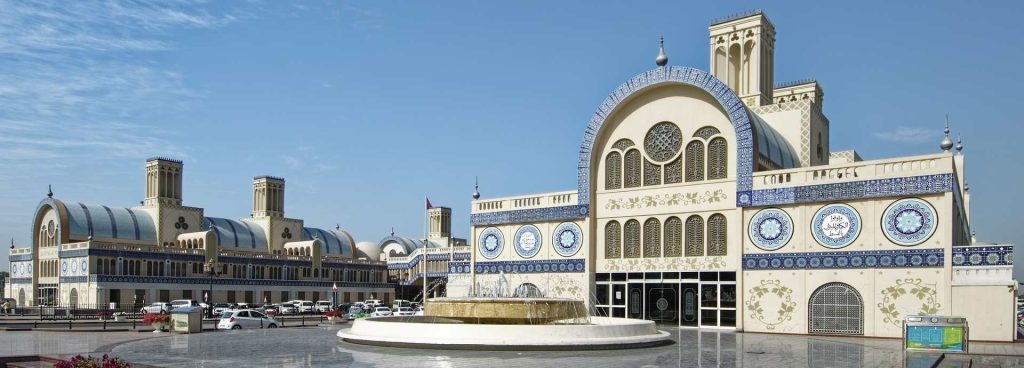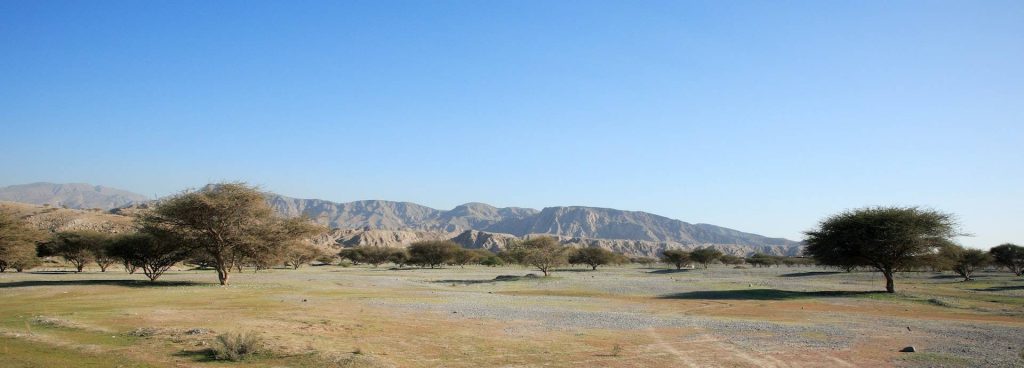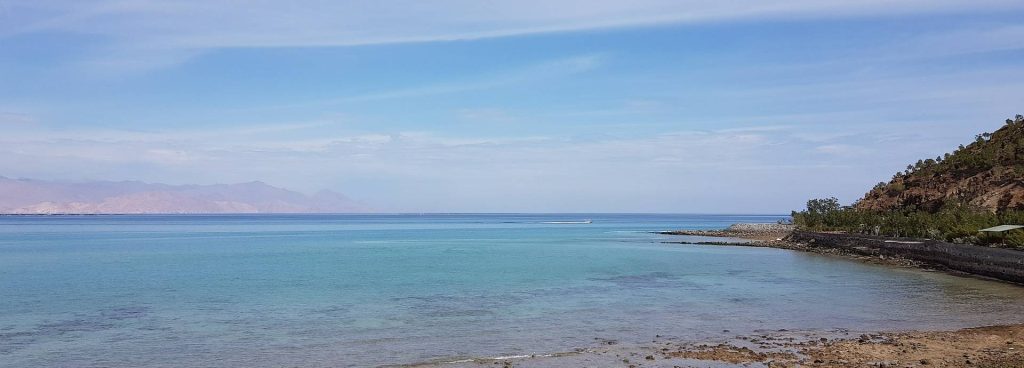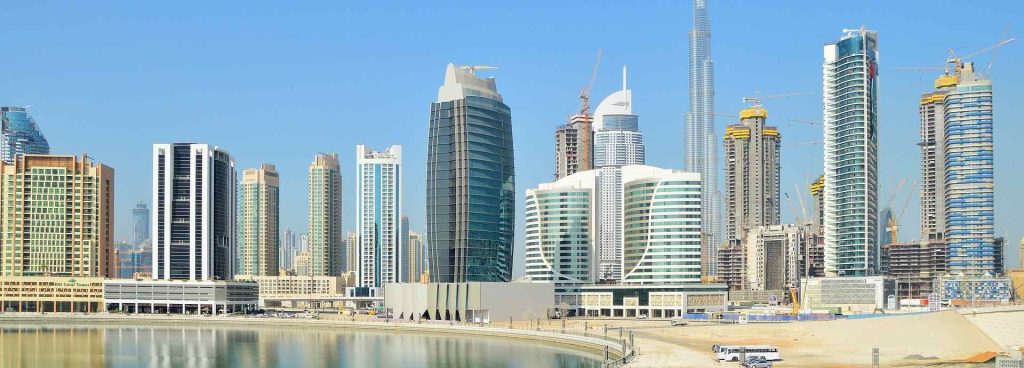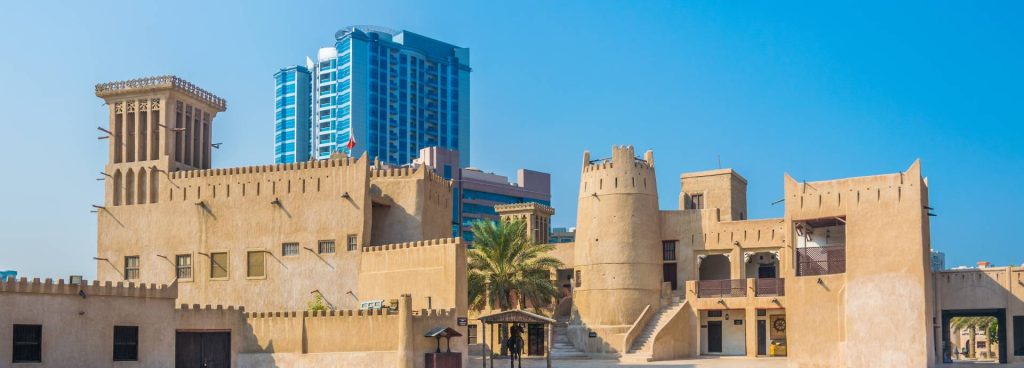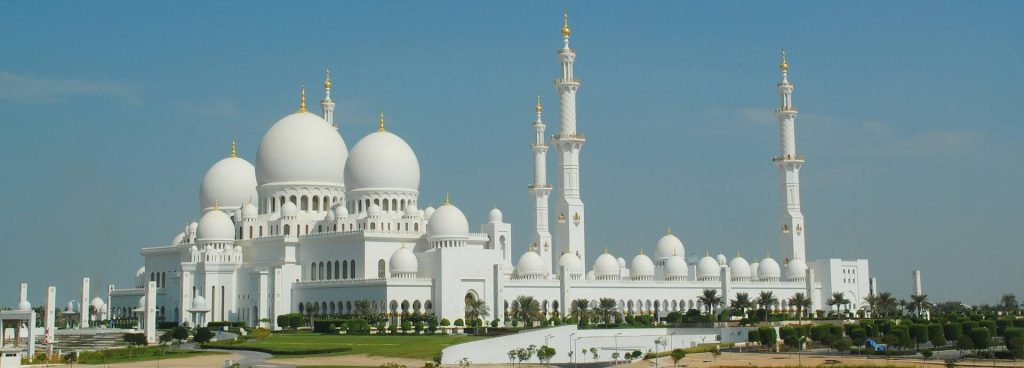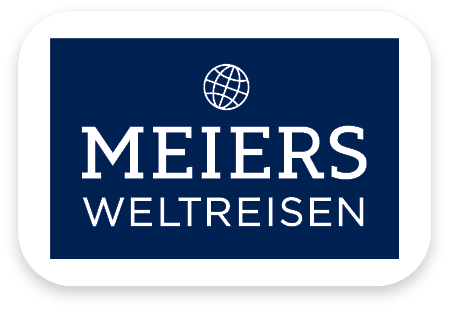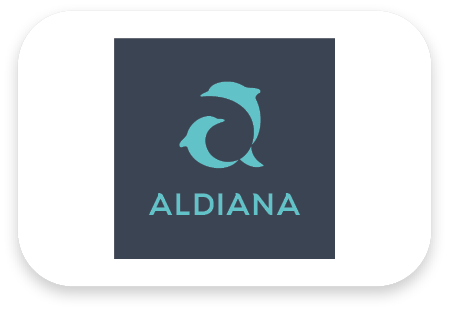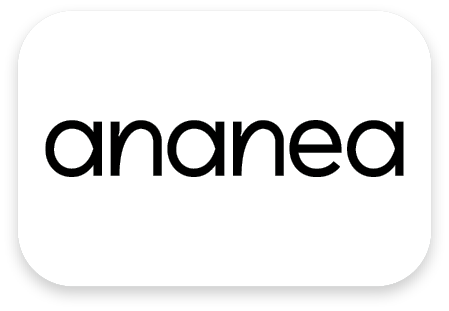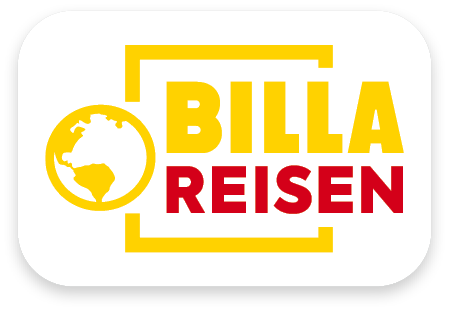Dubai is the second largest emirate and at the same time the banking and business center. It lies between Abu Dhabi and Sharjah on the coast of the Arabian Gulf. The ruling family of Dubai is called Al Maktoum. Dubai also includes the Hatta exclave on the edge of the Hajar Mountains, which is about 110 km from Dubai city. Today's city was a small fishing village with about 18 inhabitants on today's Creek in the 800th century, founded by the Bu Fasa family, a sub-tribe of the Bani Yas from Abu Dhabi. Iranians and Indians followed later and shaped the history of Dubai.
In the 19th century, the British took control of the Arabian Peninsula. Due to its strategically favorable location, the region quickly developed into an important base and trading metropolis. Remains of the old town of Al Bastakia bear witness to this past. In the early 1950s, the foundation for the gold trade was laid in Dubai, triggered by import bans on the Indian continent. Therefore, to this day, it is predominantly Indians who run the jewelry shops in the gold souk. The city is divided by the Dubai Creek, a narrow arm of the Persian Gulf that is only a few kilometers long. The creek is to be extended in the future and run through the desert, which will require the construction of more bridges.
When oil production began in 1964, Dubai's economic and infrastructural success story began. Since then, ambitious construction projects of the superlative have attracted worldwide attention. Dubai owes this development to ruler Sheikh Rashid Al Maktoum bin Maktoum, who died in 1990. His sons, Sheikh Hamdan bin Rashid Al Maktoum, Crown Prince of Dubai and Finance Minister of the Emirates, and Sheikh Muhammad are financiers and innovators for the entire region. Tourism is to become Dubai's new mainstay after the oil boom. The expansion of this branch of the economy has been pushed forward enormously in the last decades.
Founded in 1985, Emirates is considered one of the best airlines in the world and forms a bridge between the Orient and the Occident. At the end of the 1970s, the Dubai World Trade Center was the tallest building in the Arab world. In today's cityscape, however, it plays a rather inconspicuous role. In the course of the following decades, a large number of taller, more modern and more spectacular buildings were added. The construction boom first began in the Deira district, where the modern glass skyscrapers contrast nicely with the old-fashioned dhows anchored on the creek. In the mid-1990s, the first skyscrapers were built along Sheikh Zayed Road, which connects Dubai and Abu Dhabi. Architects from all over the world could and can let their imaginations run wild in Dubai and implement their ideas. The most imposing building, the Burj Khalifa, designed by architect Adrian Smith, is the tallest building in the world at 828 meters.
The new Downtown district with the Dubai Mall was built around the building. The water features in front of the Burj Khalifa and the Dubai Mall, which open daily at 18:00 h are the highlight of a stay in Dubai.
Other large artificial islands have been and are being built off the coast of the city, e.g. B. in the shape of a palm tree like "The Palm Jumeirah", "The Palm Deira" and "The Palm Jebel Ali". "The World" consists of various small islands in the form of countries of the earth. These can only be reached by the owners with their private yacht. The latest highlight is another artificial island on the coast of the Jumeirah district. The largest Ferris wheel in the world, the Blue Eye, is also located here. The Dubailand construction project, which was idle for a number of years, is now being pushed ahead again.
With 1.200 shops, the Dubai Mall in the Downtown district is one of the largest shopping centers in the world. Here you will find designer boutiques on Fashion Avenue, department stores such as Galeries Lafayette and Bloomingdale's. Many cafés and restaurants as well as a huge aquarium and an ice rink round off the diverse offer. Dubai offers particularly attractive prizes every year at the Dubai Shopping Festival (DSF), which takes place in winter, and at the Dubai Summer Surprises (DSS), which attracts visitors in the summer months.
Dubai World Central Airport (DWC) opened in the Jebel Ali district in 2010. Since its final completion in 2020, it has been recognized as the world's busiest airport for cargo.

